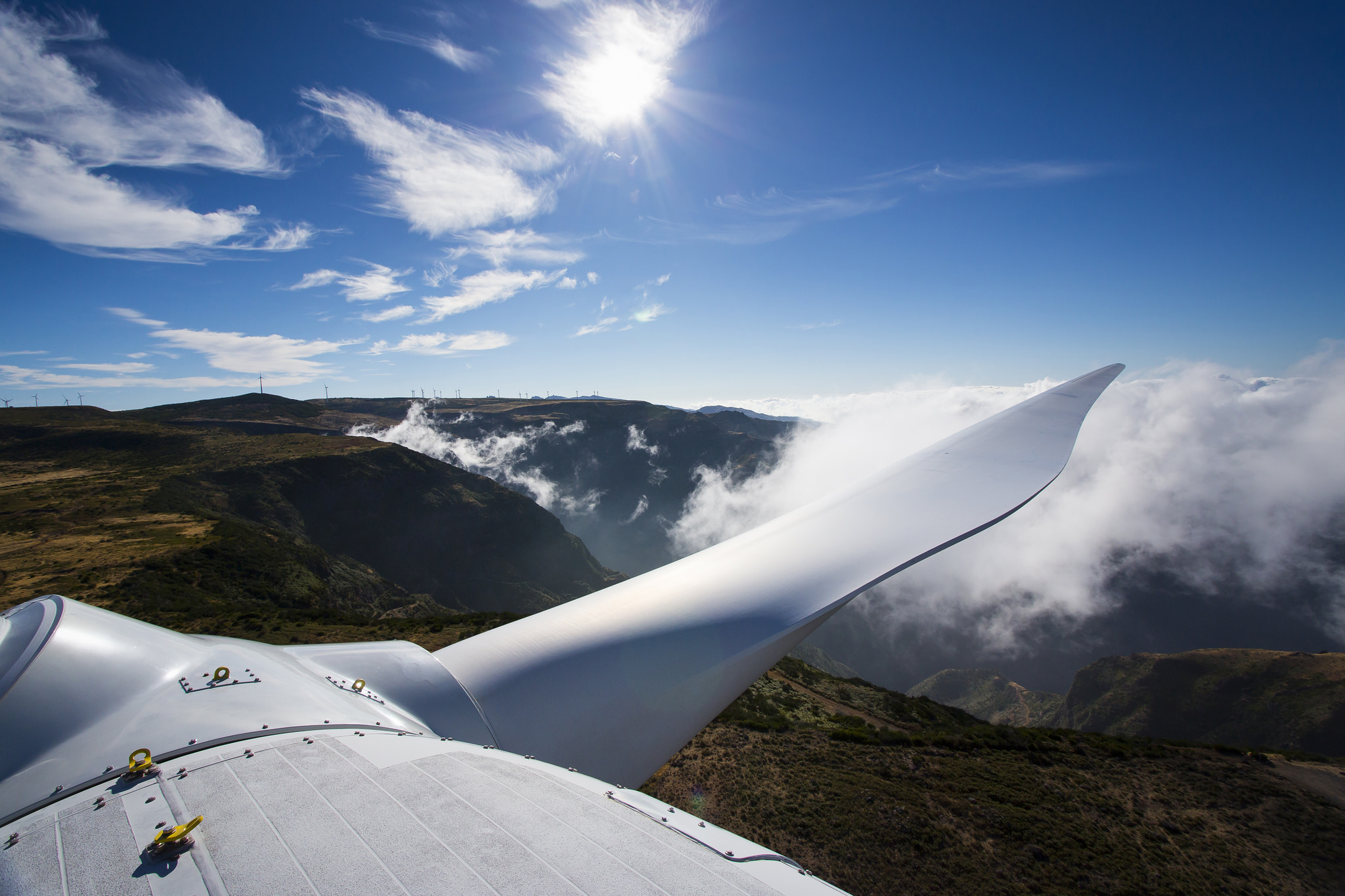The European Investment Bank is investing up to €62 million (US$69m) in a renewable energy fund, it announced on Friday.
Under a target to put a quarter of its lending towards tackling climate change, the EIB is channeling money through SUSI Partners into wind and solar power.
The Swiss investment firm has so far financed 170MW of clean electricity capacity across five EU member states.
EU climate commissioner Miguel Arias Canete hailed the deal as “an example of local engagement to transform the energy system”.
Weekly briefing: Sign up for your essential climate politics update
It forms part of an EU-wide investment programme, which aims to mobilise €315 billion of public and private money in three years.
A pet project of European Commission president Jean-Claude Juncker, the plan boosts small businesses, research and digital enterprises as well as energy.
According to the latest unaudited figures, it is more than a third of the way to target, with €20bn of public lending and nearly €100bn from the private sector. Of that, €4bn of EU funds have gone into energy.
Renewable energy is “high on the list of priorities,” said EIB vice president Pim van Ballekom.
Still, it is a fraction of the €2 trillion the Commission estimates is needed in electricity networks, energy efficiency and clean energy by 2030.
Report: One fifth of proposed EU fund investment high carbon, high risk
Not all the approved proposals have been low carbon. For example this summer, the EIB has injected nearly €80m into a Dutch motorway project and €50m to upgrade struggling French steel works.
Think-tank E3G is urging the Commission to stop financing polluting sectors.
According to draft analysis seen by Climate Home, such projects not only undermine climate goals, but attract 40% less private money than clean alternatives for each public euro invested.
Two gas and seven high carbon transport projects have got funding despite evidence demand is declining or static, it found.
“In order to fill this investment gap, we need to scale up sustainable investment but also stop funding high carbon projects,” said researcher Tom Jess.
Meanwhile, opportunities to insulate draughty buildings in central and eastern Europe go untapped. These would help save energy and reduce reliance on Russian gas imports, E3G argued.
